The startup behind Ontario, Canada’s new net-zero neighborhood
- Jul 21, 2023
- 4 min read

About two and a half hours west of Montreal in the township of Augusta in Eastern Ontario, a new community is in desperate need of more housing as it booms with business. However, as project developers seek to establish a new community, they are looking to do it in the most sustainable way possible.
That means net-zero, off-grid living, with low amounts of driving, and the community being surrounded by existing flourishing forests while restoring wetlands. Partnering with Canadian housing startup, CABN, the community developers will be doing just that.
CABN makes prefab, solar-powered houses that use around 20% of the energy needed by a traditional home, and according to the startup, can be placed just about anywhere non-invasively.
Just after the announcement of its collaboration with the Augusta Township to create a 67-unit off-grid, net-zero CABN, it unveiled its 752-square-foot modular net-zero home that can be assembled in a matter of days and up and running in a matter of weeks.
CABN's model home // Image Credit: CABN
According to Jackson Wyatt, CABN founder, and CEO, “the need for housing outstrips the traditional model’s ability to produce – rising issues, such as skilled labor shortages and supply chain upheavals, forced us to rethink both the solutions and the problem of housing.”
“To us, this means solving problems exponentially, rather than linearly, introducing a networked model of sustainable, net-zero homes that can create communities across North America through the application of rapid, prefabricated building strategies,” he said in a statement.
So, they’re taking this model to Augusta.
The startup says it was founded on the belief that homes can be all-encompassing: aesthetically beautiful, environmentally sustainable, and financially attainable.
With a suite of “Energy Informed Design” homes complete with rooftop solar panels, CABN is making prefab models for the 1-, 2-, 3-, and 4-bedroom homes with hopes to set a precedent for how future residences could be designed and rapidly built to be energy-efficient and affordable.
Joining forces with the global design and consulting firm B+H Architects, CABN is parings its design with the firm’s “biomimetic approach” to community planning.
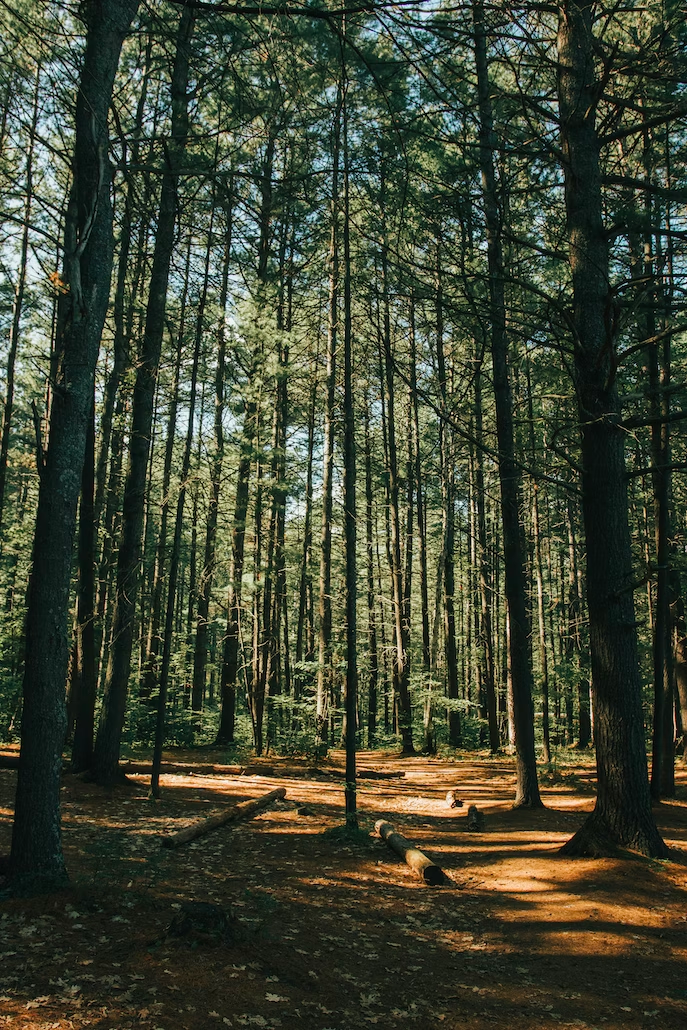
This means they have a goal to both take inspiration from the natural environment as well as interweave the community with the natural environment instead of simply clearing it to build the community. In the startup’s words, this “optimizes health and happiness while leveraging key learnings from the natural environment.”
The Augusta community will be built on underutilized former farmland, and by focusing on being connected with nature, developers aim to restore the forests and wetlands the neighborhood will sit within. Plus, existing forests will be left alone because, after all, they are the best flood protection.
According to, Jamie Miller B+H’s Director of Biomimicry, “With biomimicry, we are moving beyond the long-standing separation of ‘human’ versus ‘natural’ systems and instead recognizing that humans are a core part of our natural environment.”
“Our work with CABN has been led by nature, with the collective understanding that true sustainability is achieved when the built environment works in harmony with the natural one,” he said in a statement.
According to CABN, the homes can be both on and off the grid and are sustainable not only through their renewable electricity but in the materials they’re made with, using FSC-certified cross-laminated timber as a chief building component.
Image Credit: CABN
The sustainability also comes in the placement of the homes, putting buildings, windows, doors, and shading in an orientation that lessens energy use. For example, the roofs are sloped in a way that keeps cool in the summer and warm in the winter, while optimizing solar power generation.
As Fast Company reports, the one-bedroom will begin at around $219,000, in both CAD and USD.
In addition to sustainably-built and operated houses, the community will also run off of community battery systems, allowing the homes to produce more energy than they use. Energy will be stored to use so that the community can be fully off-grid. Plus, as Adele Peters at Fast Company reports, the homes will be designed to collect and store rainwater for modular wastewater treatment on-site.
In the interest of lowing driving, the community will be equipped with a grocery store, healthcare, and workspaces, while building homes in small clusters of less than 150 people with the goal of fostering resilient, caring neighborhoods.
According to CABN, the startup is driven by the goal of creating change and solving Canada’s housing crisis in a planet-friendly way, and they’re open to partnering with other municipalities to do so.
“The only way to meet targets set by the current administration is to approach housing with a whole system approach,” the startup’s COO, Alex Kelly said in a statement referring to the country’s commitment to achieve net-zero emissions by 2050 and reduce emissions by 40-45% by the end of the decade, while restoring affordability to the housing market.
“Our units can positively impact issues of climate change, population increases, aging infrastructure, and skilled labor shortages,” Kelly said. “Seeking answers in individual homes isn’t enough– we are proposing the introduction of scalable communities to make a real change in the housing supply.”
They hope to break ground in 2024.


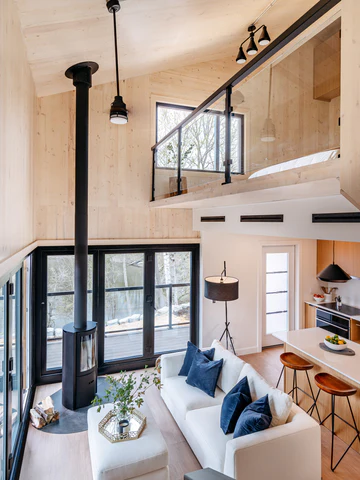
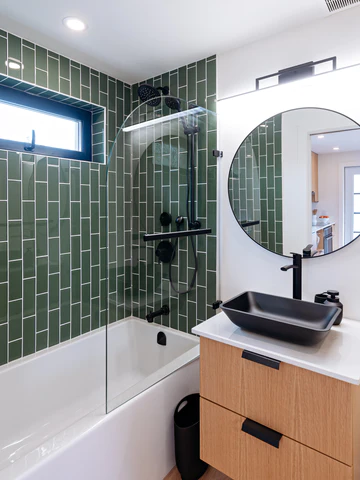
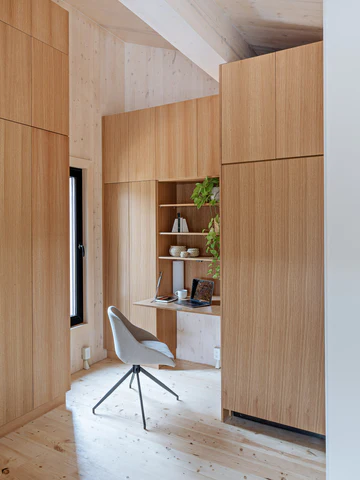
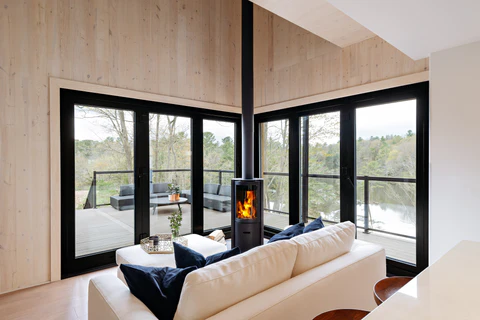
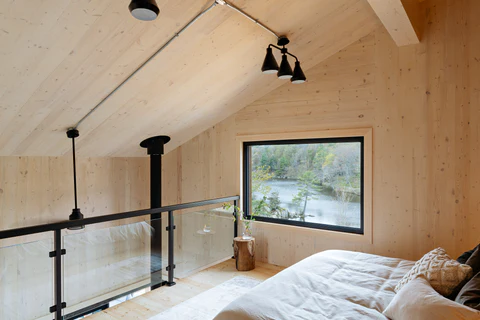



The startup behind an emerging idea often begins with a simple vision that may grow as creativity and persistence come together, shaping solutions that could respond to real needs in a thoughtful way. Early momentum might come from a small but dedicated team, a willingness to experiment, and feedback that gradually refines the direction, allowing the concept to evolve rather than stay fixed. As conversations around troozer hub continue to expand, it could represent a space where innovation and collaboration start to connect, opening doors to possibilities that are still unfolding. These early stages may not guarantee outcomes, yet they often create the foundation for meaningful progress and new opportunities ahead.
I appreciated the way you explained the technical details alongside the broader impact—it made the initiative very tangible. I recently read a related discussion on a review blog that added another perspective on sustainable projects, which complemented your points nicely. It reminded me of how https://www.sherwaytrilliumdental.ca/ shares complex information in a clear and approachable way for their audience.
Hôm qua, trong lúc tìm hiểu về các dịch vụ tư vấn trực tuyến, mình tình cờ thấy trang https://79king.consulting/. Mình mở ra xem và thấy giao diện khá thân thiện, dễ nhìn. Phần thông tin được sắp xếp rõ ràng, không bị rối mắt như một số trang khác mình đã thử. Mình có bookmark lại để tham khảo thêm, vì cảm giác trang này có nhiều thông tin hữu ích. Tuy nhiên, mình vẫn băn khoăn không biết chất lượng dịch vụ của họ có thực sự tốt như quảng cáo không, nên vẫn cần đọc thêm đánh giá từ người dùng khác.
मुख्यमंत्री लाड़ली बहना योजना empowers women by providing monthly financial support and promoting economic independence. Apply online and track your payment status easily.
I’ve spent so much time customizing scenes and creating mini battles in Melon Playground .It’s like my own sandbox movie maker.